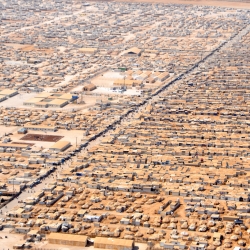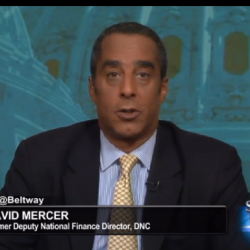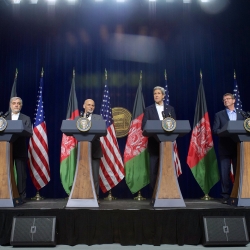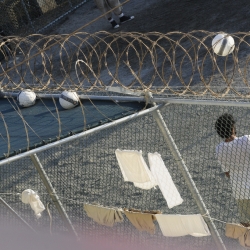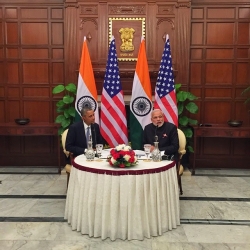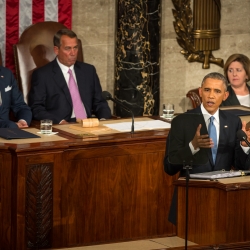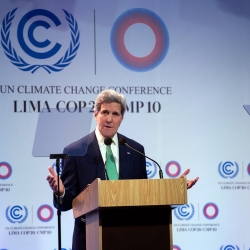The Human Tinderbox in the Middle East | Sandy Berger, NSN Advisory Board Chair
The Human Tinderbox in the Middle East Sandy Berger, NSN Advisory Board Chairman June 10, 2015 | Foreign Policy The 25,000 civilians who fled the Iraqi city of Ramadi after its recent fall to the Islamic State represent only the latest wave of tragic human dislocation resulting from violence in the Middle East. Turmoil across the region has displaced more than 15 million people since 2011, leaving their return uncertain. Today, a staggering 78 million people worldwide, many uprooted, need assistance to meet basic food and shelter needs. This reflects a steady and unrelenting increase, up from approximately 30 million in 2006 and 65 million in 2012. This situation is the human byproduct of political disintegration in conflict-torn countries across the Middle East and around… Read More ›

